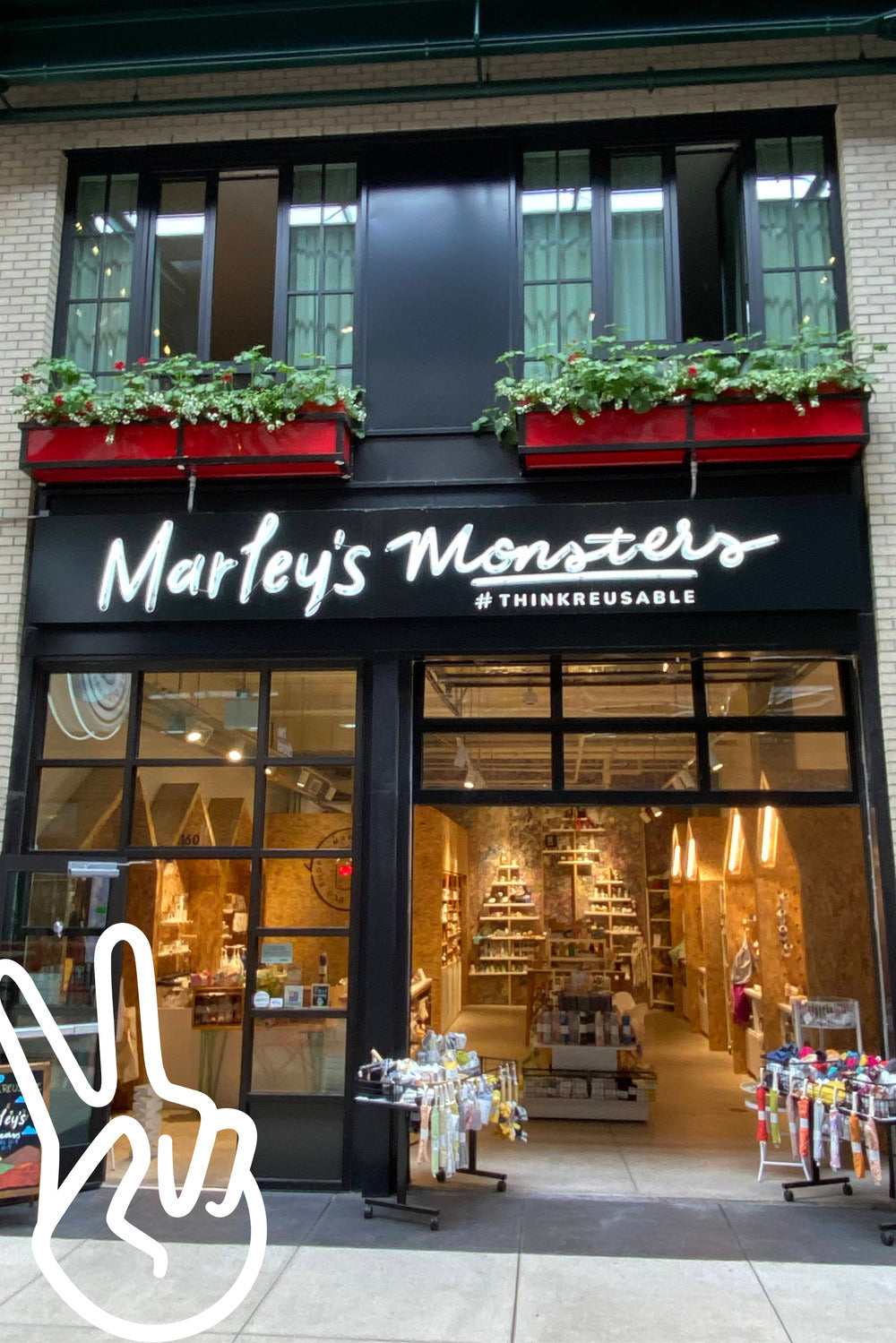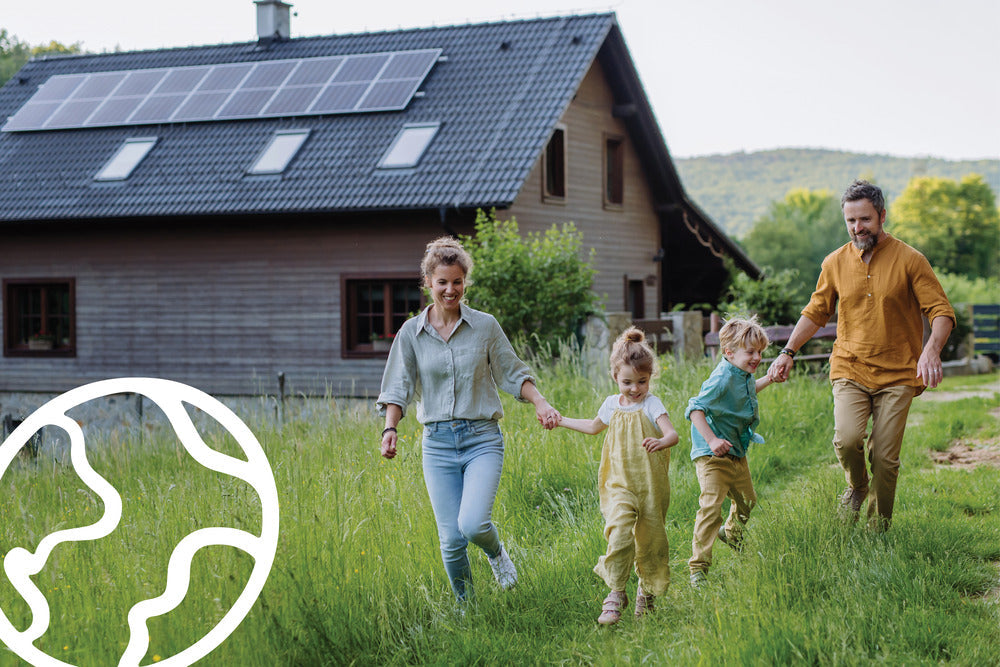Oregon has long been celebrated for its dramatic coastlines, lush forests, and progressive spirit. This year, the 2024 Economic Impact Report spotlights a new reason to admire the Beaver State: its growing influence in sustainable business and community-driven environmental initiatives. For local companies like Marley’s Monsters, handcrafted in Oregon, it’s a thrilling time to see how homegrown eco-innovation can benefit both the planet and the local economy.
If you’ve ever visited Oregon, you know there’s something special about the way locals rally around preserving natural resources and supporting small businesses. That collective enthusiasm is now bearing fruit on a grander scale, with the state’s entrepreneurs finding fresh ways to reduce waste, minimize carbon footprints, and keep products handcrafted with a personal touch. Whether you’re an Oregon resident or just curious about what makes the region so green, the 2024 report provides plenty of reasons to celebrate.
In many ways, Oregon’s example is a roadmap for other states. By embracing sustainability as a core value—rather than a trendy extra—the local economy flourishes in tandem with the environment. Small businesses thrive when they work in harmony with their communities, creating a ripple effect of responsible growth that extends well beyond state lines. With each passing year, more people recognize that buying local and prioritizing eco-consciousness can fuel both financial success and environmental health.

Oregon’s Growing Eco-Economy
According to the 2024 Economic Impact Report, Oregon is leading the pack in terms of small business growth within the sustainability sector. From organic farms reducing pesticide use to artisan shops experimenting with upcycled materials, there’s an energy here that embraces forward-thinking ideas. This surge reflects the region’s ethos: rather than waiting on large corporations to drive change, everyday entrepreneurs and consumers alike are stepping up to craft a better future.
Over the last decade, countless eco-friendly ventures have sprouted across the state. Renewable energy startups are partnering with local communities, independent coffee roasters are serving ethically sourced beans, and zero-waste boutiques are popping up in small towns and big cities. Many of these enterprises share a commitment to reducing emissions and waste, but they’re also eager to collaborate, trade tips, and collectively refine sustainable practices.
It doesn’t stop at the private sector, either. Oregon’s public institutions frequently offer grants, workshops, and legislative support designed to nurture responsible innovation. The state’s reputation for environmental stewardship isn’t just a matter of pride; it’s an economic driver that pulls in investments, travelers, and professionals who want to live and work where conservation is more than just a talking point.
Marley’s Monsters: A Homegrown Success Story
Marley’s Monsters stands as a vivid example of how Oregon’s sustainability scene supports small-business growth. Founded with a commitment to reducing waste through handmade, reusable products, our brand quickly found a dedicated following among locals—and then beyond. Today, we ship items like our UNpaper® Towels, Cloth Wipes, and Reusable Snack Bags across the country, all while staying true to our Oregon roots.
Each product we offer reflects the state’s passion for both practicality and style. Our pieces are crafted to be durable, eye-catching, and easy to integrate into daily routines. Whether you’re new to reusable household staples or a long-time zero-waste advocate, we aim to show that cutting down on disposables can be simple, fun, and decidedly un-boring.
The 2024 Economic Impact Report underscores how local support for innovative ideas can spur broader success. Being part of Oregon’s sustainability fabric means we’re in constant dialogue with other makers, policy leaders, and eco-conscious consumers. By remaining open to collaboration and continuous improvement, we’ve found that the best way to grow is by uplifting the entire green community around us.

Community-Led Initiatives Shaping Oregon’s Future
Part of what distinguishes Oregon’s sustainability push is the strong involvement of residents. Neighborhoods organize their own eco-events, from volunteer cleanups at local parks to skill-sharing meetups where people learn new ways to compost, garden, or craft reusable alternatives to single-use products. These grassroots efforts create a feedback loop: as communities embrace zero-waste practices, they drive demand for the businesses that supply those solutions, fueling further innovation.
You’ll also find that educational institutions in Oregon are increasingly intertwining environmental stewardship with their curricula. Colleges offer courses on sustainable design and business management, while elementary schools teach kids about recycling and composting in hands-on ways. This momentum ensures that the next generation grows up seeing eco-friendly living not as a chore, but as a normal, positive part of everyday life.
Beyond local projects, Oregon often plays a key role in larger environmental campaigns. From statewide policies restricting single-use plastics to regional partnerships aimed at protecting salmon habitats, there’s a commitment to address climate challenges at multiple levels. By tapping into both individual passions and institutional support, Oregon has become a case study in how to blend grassroots activism with top-down action for maximum impact.
Lessons for Other States—and for the Future
The 2024 Economic Impact Report doesn’t just highlight Oregon’s current achievements; it serves as inspiration for regions looking to bolster their own eco-economies. One of the biggest takeaways is that collaboration—between businesses, communities, and government bodies—can yield swift, meaningful results. When entrepreneurs are encouraged to dream big about sustainable solutions, it sparks a wave of creativity that benefits everyone.
In many ways, Oregon demonstrates that environmental responsibility doesn’t have to hinder growth. On the contrary, aligning your business model with green practices can foster innovation, improve efficiency, and cultivate loyal customers. If you’re a small business owner outside of Oregon, or someone considering launching a startup, take a page from the state’s playbook: prioritize minimal waste, value craftsmanship, and harness community support whenever possible.
Looking ahead, it’s clear that Oregon’s example continues to evolve. As climate challenges escalate and consumer preferences shift, businesses and citizens will need to adapt even further. But the willingness to experiment and refine that’s defined Oregon’s eco-conscious culture for years shows no signs of slowing down. It’s a model that encourages hope, proving that our choices—no matter how small—can create a cleaner, healthier world.

How You Can Be Part of Oregon’s Green Revolution
If you’re inspired by Oregon’s progress, there are plenty of ways to get involved, regardless of where you live. First, support local shops, farmers’ markets, and craftspeople whose values align with your own. Investing in small businesses that emphasize green initiatives doesn’t just reduce your carbon footprint; it helps feed a community cycle of economic and environmental well-being.
Another approach is to educate those around you. Share your favorite eco-friendly finds on social media or chat with friends about the latest zero-waste hack you’ve discovered. Sometimes a simple conversation about reusable snack bags, or a tip on cutting food waste, can spark a domino effect. When more people see how easy and enjoyable it is to go green, they’re more likely to give it a shot.
Finally, if you’re looking to add some bright, sustainably made items to your routine, Marley’s Monsters has you covered. Every purchase you make supports Oregon’s thriving eco-economy and contributes to a shift away from disposable culture. Join us in celebrating the strides we’ve made in the 2024 Economic Impact Report—and let’s keep working toward a future where every state invests in a healthier planet, one small business at a time.



